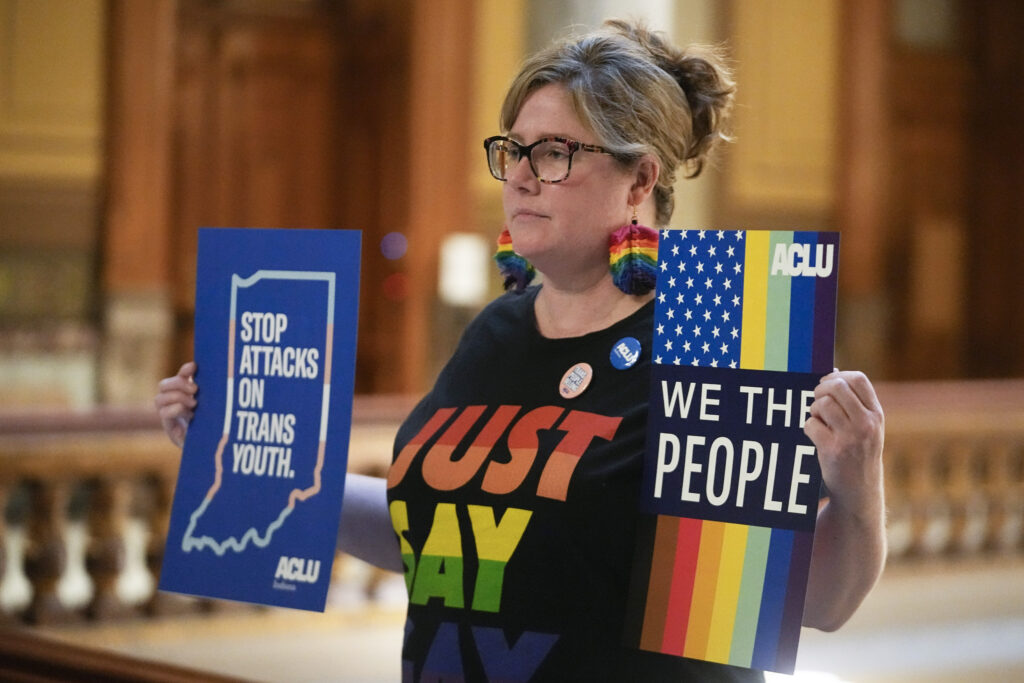The Supreme Court on Wednesday requested the American Civil Liberties Union to respond to Idaho’s emergency motion seeking to enforce the state’s ban against providing transgender drugs and surgeries to minors.
The ACLU is representing the families of two unnamed transgender minors who sued Idaho, claiming the state’s Vulnerable Child Protection Act is unconstitutional and has negatively affected the mental health of their teenage children. The request comes just days after Idaho Attorney General Raul Labrador (R) filed an emergency motion seeking to let the state enforce the law after lower courts froze it amid the litigation process.

“Every day Idaho’s law remains enjoined exposes vulnerable children to risky and dangerous medical procedures and infringes Idaho’s sovereign power to enforce its democratically enacted law. These procedures have lifelong, irreversible consequences, with more and more minors voicing their regret for taking this path,” the motion for stay filed in Labrador v. Poe stated.
The law makes it a felony for doctors to provide transgender treatments to minors and authorizes up to $5,000 in fines against medical practitioners who provide such treatments to minors. The law was signed by Gov. Brad Little (R) last year but did not go into effect on Jan. 1 due to the ACLU’s lawsuit that was filed in federal district court in May last year.
Senior U.S. District Judge B. Lynn Winmill in December blocked Idaho’s ban from taking effect after discovering it likely violated the 14th Amendment, also holding that “Parents should have the right to make the most fundamental decisions about how to care for their children,” according to his 53-page order from Dec. 26.
The U.S. Court of Appeals for the 9th Circuit also declined Idaho’s attempt to block the injunction on the law, leaving the state to file its emergency motion to the Supreme Court.
Idaho contends that such treatments to minors are experimental and dangerous to their health, and the legislature said the ban was necessary to prevent “irreversible physical alterations” that could leave patients “sterile or with lifelong sexual dysfunction.”
The state told the Supreme Court that it should undo the lower court’s ban on allowing the law to take effect because it believed the state would likely win on the merits of the case. Idaho Solicitor General Alan Hurst asked for the injunction to be limited to children of the families involved in the lawsuit, stressing that the universal injunction is too broad.
“Universal injunctions disregard the limits of the equity tradition by exceeding what is necessary to redress the plaintiff’s injury and impinging on the rights of unrepresented non-parties,” Hurst wrote.
CLICK HERE TO READ MORE FROM THE WASHINGTON EXAMINER
Idaho’s emergency motion was submitted to Justice Elena Kagan, who could ultimately tap the full court to consider the state’s request.
Attorneys for the families were given until noon on Feb. 28 to file their response to the Supreme Court, and after that, the state could file another reply before the Supreme Court decides whether to act on request.

